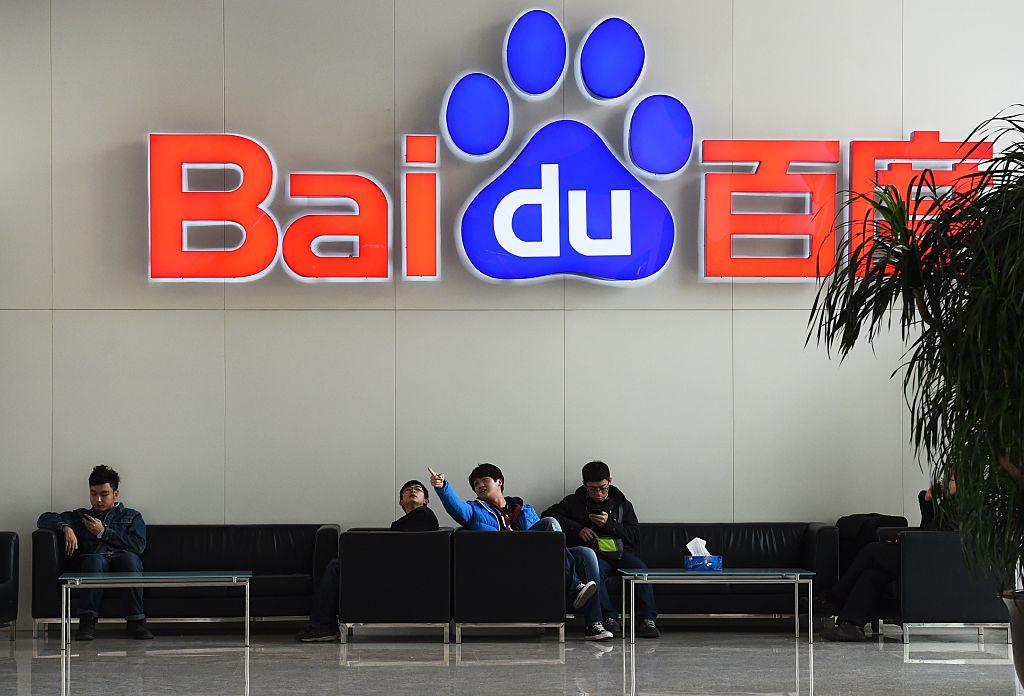China’s Baidu announced it will complete the internal testing of Ernie Bot (Chinese name: Wenxin Yiyan), a ChatGPT-style AI project, in March and open it to the public. However, some experts are not optimistic about Baidu’s product due to the ubiquitous censorship of “sensitive words” under the Chinese Communist Party (CCP) rule.
On Feb. 7, Baidu Inc confirmed that Ernie Bot, its language model-based chatbot product, will complete internal testing and be available to the public in March.




